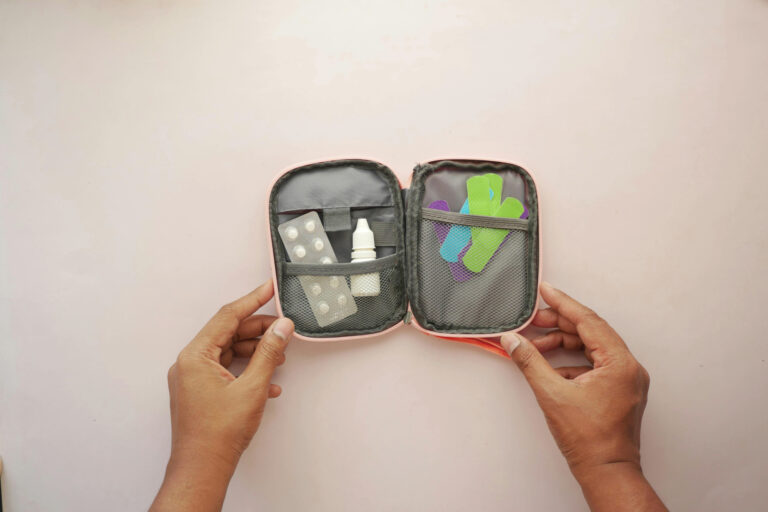IdiopathicThe term idiopathic is used when there is no detectable reason for something. Click the term to read more intracranial hypertension (IIH) is a rare neurological disorder described by the modified Dandy criteria where pressure in the brain is elevated causing symptoms of headache, vision changes, pulsatile tinnitusA whooshing or throbbing noise heard in one or both ears that can range from annoying to debilitating. Highly associated with venous sinus stenosis. Click the term to read more, sixth nerve palsy, and a constellation of other signs and symptoms. This increased pressure can lead to permanent damage to the brain and eyesight if left untreated. IIH contains the word ‘idiopathic’ because there is no specific cause to explain this process. As researchers continue to investigate the pathophysiology of IIH, many questions can be answered. Epidemiological studies have helped show that there is a correlation between certain diseases and IIH. This article will review the well-documented diseases shown to be prevalent in patients with IIH but is not limited to this list.
Most associated conditions with IIH are from disease processes or medications that cause increased pressure within the brain, or cause symptoms similar to IIH like headaches, nausea, and dizziness.
Known conditions associated with IIH:
- Female gender at birth
- Obesity
- Polycystic ovarian syndromeA hormonal disorder, seen in women, that is not well understood Click the term to read more (PCOSA hormonal disorder, seen in women, that is not well understood Click the term to read more)
- Hypercoagulable state
- Obstructive sleep apnea
- Systemic arterial hypertension (high blood pressure)₁,₂
- Migraines
- Lupus
- Pregnancy
- Anemia
- Menstrual irregularities₃
- Venous sinus stenosis₄
Medications that have been linked to causing or worsening IIH:
- Tetracycline
- Cyclosporine
- Lithium
- Nalidixic acid
- Nitrofurantoin
- Oral contraceptives (OCP’s)
- Levonorgestrel
- Danaxol
- Tamoxifen
- Vitamin A excess or deficiency₃
Endocrine abnormalities associated with IIH:
- Corticosteroid withdrawal
- Anabolic steroids
- Excessive growth hormone
- Thyroid disease
Specific conditions associated with IIH and men:
- Testosterone deficiency
- Sleep apnea₃
It is important to note that since IIH is seen in women in their fertile years, conditions like pregnancy, PCOS, and menstrual irregularities are commonly seen in this cohort and in women in this age group without IIH. In other words, regardless of one’s medical condition, most women between the ages of 16-50 will experience one or more of the above conditions. Though IIH is known to commonly associated with obese females in their fertile years, it has been diagnosed in men, prepubescent children, and non-obese females.₃
This article is not intended to have one with IIH discontinue treatment of any of the above medications but to be an advocate for yourself and address it with your medical team.
The hope is with more investigation into the pathophysiology of IIH, to remove the word ‘idiopathic’, and focus on exploring ways to cure this debilitating disease.



